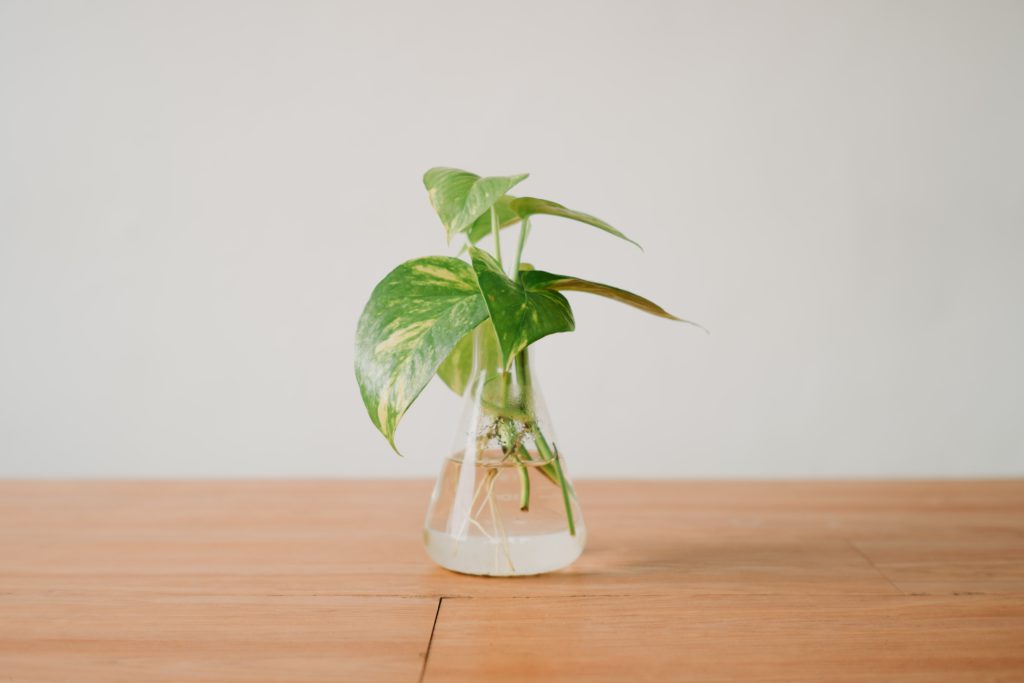
As someone who is just starting to get involved with participating in climate change solutions, I can say it’s an overwhelming experience. The damage that’s already happened, the destruction yet to come, and everyone’s inability to agree on what to do next serves to create a daunting, hopeless feeling around climate change.
One of the tools I’ve been using to help myself understand the scale of the damage and the solutions being created is a podcast called How To Save a Planet. This charming podcast features conversations about what’s going on with the climate crisis and what people can do about it. The July 1 episode featured a conversation between host Dr. Ayana Elizabeth Johnson and Dr. Jane Goodall from the Jane Goodall Hopecast (which is next on my list of podcasts to check out).
In this episode, Dr. Ayana Elizabeth Johnson said something which caught my interest. At 27 minutes, she said, “Right now I feel like a lot of people are getting very caught up on their own carbon footprint instead of how to make larger changes in the world.”
That comment irked me a bit, but I couldn’t immediately figure out why. What’s so wrong with being aware of your own carbon footprint? Shouldn’t we all be working towards reducing our impact on the earth?
For context, her statement was in the middle of a larger point she was making about how she responds when people ask her what to do about the climate. It’s not an easy question to answer without any knowledge of the strengths and interests of the person asking. She also wanted to redirect the mindset towards a collective response to climate solution rather than individual efforts.
I don’t disagree with the need to work collectively on a climate solution. It’s clear that everyone must work together, and it’s also clear that policies are necessary for any substantial change to occur. However, is it such a bad thing for people to be “caught up” in their own carbon footprint?
The difference one person can make own their own in the grander scheme of things is negligible. If I alone completely gave up, for example, using paper towels, the paper towel industry will not change their habits or their manufacturing. No trees saved by my behavior. Nestle won’t notice if I alone never bought a bottle of water again. Combine these non-existent effects with the scale of the problems resulting from climate change and the whole thing feels very hopeless.
Hopelessness doesn’t work for people. It often coincides with anxiety and depression, and hopelessness leads people to give up trying. No one will solve issues from the climate crisis if hopelessness takes over.
What does work for people is having a sense of control. The need for control is innate, and may go back to how humans evolved. Controlling our surroundings helps us feel calm and less anxious and depressed. Individuals with a higher internal locus of control feel more confident and will be more willing to act on things they think they can change.
Being more willing to act is key for transitioning from focusing on individual carbon footprint to getting involved with larger organizations who are creating solutions for problems resulting from climate change. But in order to get to that point, the individual needs to be in control of their own environment and behaviors. That means taking the time to learn about the local recycling program, developing the habit of consistently remembering to grab a reusable water bottle or coffee mug before leaving home, and taking reusable bags to the grocery store.
Personally, I’ve found that spending the time to learn more about what I can do as an individual has elevated my ability to understand the climate problem as a whole. When I hear advice on how to change my lifestyle to be better for the environment, I like to find out what it means. Let’s take switching to energy efficient light bulbs as an example. What makes a light bulb energy efficient? How does it affect how much energy my home consumes? Where is my energy company sourcing its electricity? Are there cleaner options available? Is there anything I can do to convince my energy company to switch to green electricity sourcing? That chain started with one individual act (switching light bulbs) to the potential to act at a larger scale (supporting green energy policy or lobbying for the energy company to change sources).
A lot of us aren’t scientists. Even though many people readily have access to information, that doesn’t mean many people know what to do with that information. Starting small with simple acts gives people the opportunity to learn what to do with information and understand their role in the bigger picture. But it does take work. It takes an active involvement and the level of curiosity that can only come from hope that there is an answer out there.
One act will never be enough to change the world, but one act can be a catalyst for a larger movement. That’s why I believe individual acts are important and thus, why I believe individuals absolutely should focus on their carbon footprints.